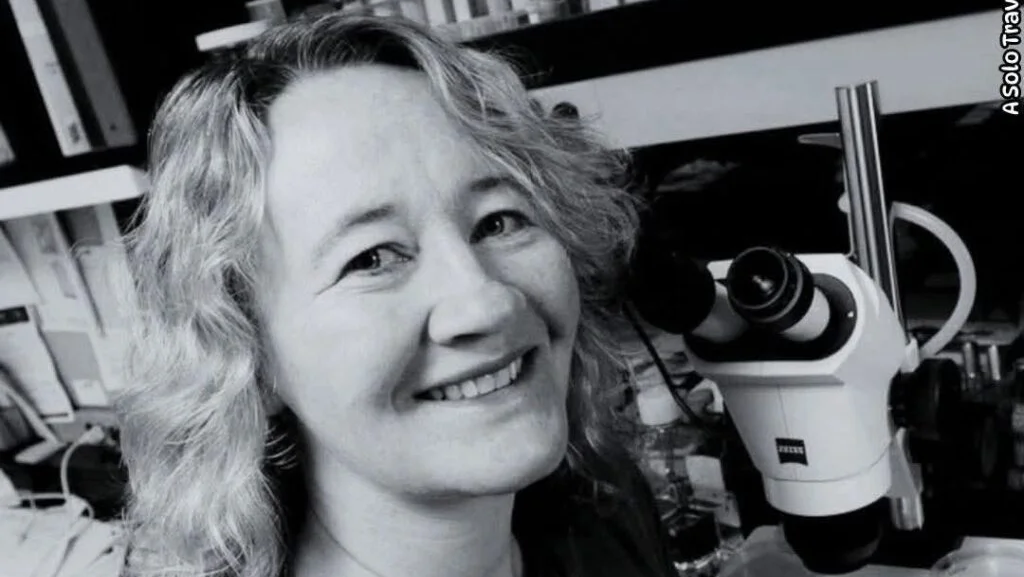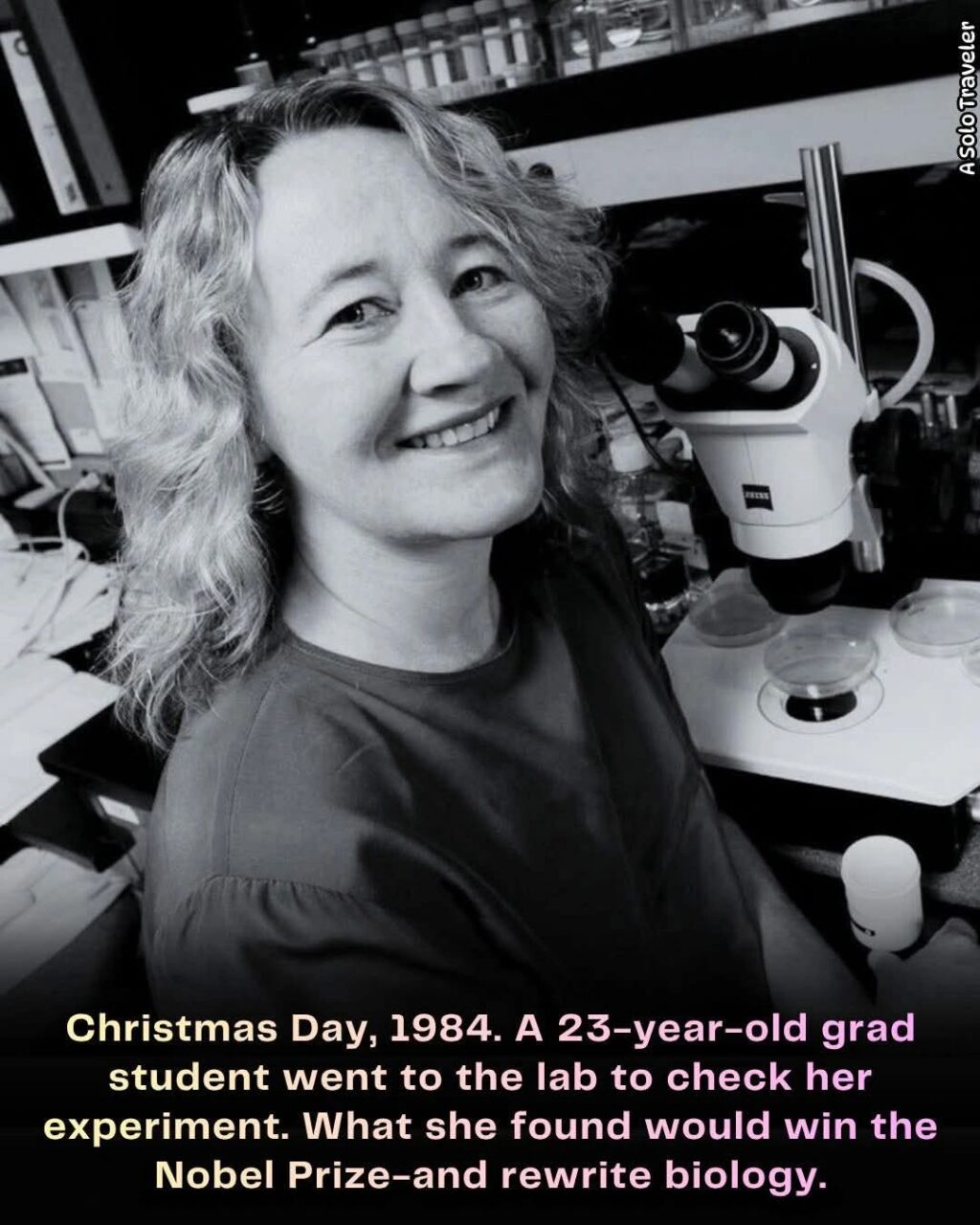
Carol Greider: The Christmas Day Discovery of Telomerase
Sunny Youn, Research Fellow at Product Manager Accelerator, shared a post on LinkedIn:
“Re-posting this article about some breakthroughs in science by unsung women heros…I mean, heroines
In the early 1980s, scientists Elizabeth Blackburn and Jack Szostak discovered that some cells could maintain their telomeres—protective DNA caps on chromosomes—without shortening, suggesting the existence of an unknown enzyme that rebuilt them. In 1984, 23-year old graduate student Carol Greider joined Blackburn’s lab at UC Berkeley to find that enzyme.
After nine months of failed experiments using Tetrahymena (a pond organism rich in telomeres), Greider ran one more test on Christmas Day, 1984, and finally saw proof: a faint DNA pattern showing telomere extension. She had discovered telomerase, the enzyme that maintains telomere length.
Following months of confirmation, Greider and Blackburn published their findings in 1985—initially overlooked because the work used “pond scum.” Later research proved telomerase existed in humans and was key to cell aging and cancer, as it enables cancer cells to divide indefinitely.
Greider earned her PhD, led her own lab, and continued groundbreaking telomere research. In 2009, she, Blackburn, and Szostak received the Nobel Prize in Physiology or Medicine for their discovery.
Her story illustrates how major breakthroughs often arise from curiosity, persistence, and patience—not grand plans. The discovery of telomerase transformed science across fields like aging, cancer biology, degenerative disease, and longevity research—all tracing back to one determined graduate student working alone on Christmas morning.”

Stay updated with Hemostasis Today.
-
Feb 26, 2026, 15:58Daniel Victor Ortigoza։ Lipoprotein(a) Levels Predict Long-Term Cardiovascular Risk in Women
-
Feb 26, 2026, 15:51Augustina Isioma Ikusemoro: The Real Miracle in Trauma Care Happens Behind the Scenes
-
Feb 26, 2026, 15:42Jim Hoffman։ Targeting NETosis to Improve Perfusion and Reduce Thrombosis in AMI
-
Feb 26, 2026, 15:40Elvira Grandone: ISTH Launches An International Survey to Capture Real-World Practice of Pregnancy Anemia
-
Feb 26, 2026, 15:39Ashok Yadav: Placental Glycogen as a Vital Energy Reserve for Fetal and Placental Health
-
Feb 26, 2026, 15:37Nayab Ahmed: Main Reasons for Washing Platelet-Rich Plasma
-
Feb 26, 2026, 15:36Robert Negrin Shares His Outlook for the Year Ahead as ASH President
-
Feb 26, 2026, 15:24Nancy Shapiro: Excited to See This Publication on Current Landscape of Anticoagulation Stewardship Released
-
Feb 26, 2026, 15:15Ahmed Nasreldein: Stay Current on Key Updates in Ischemic and Hemorrhagic Stroke

